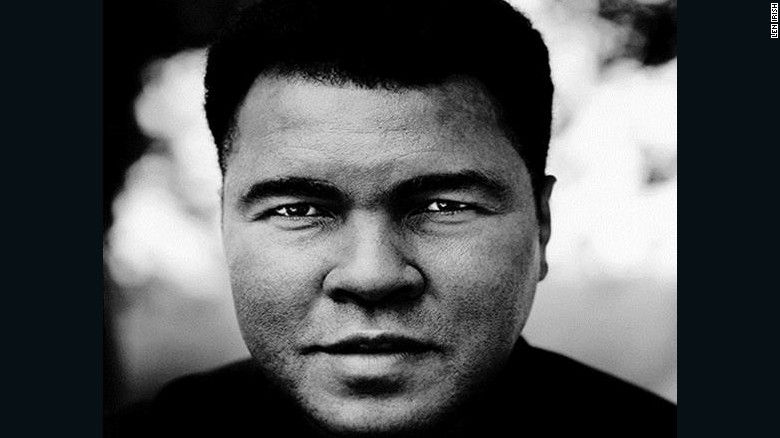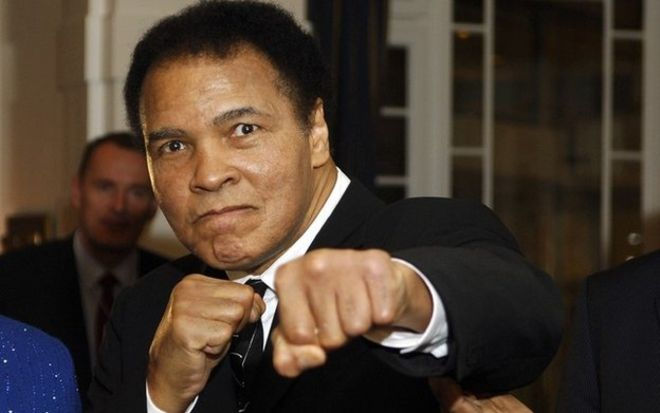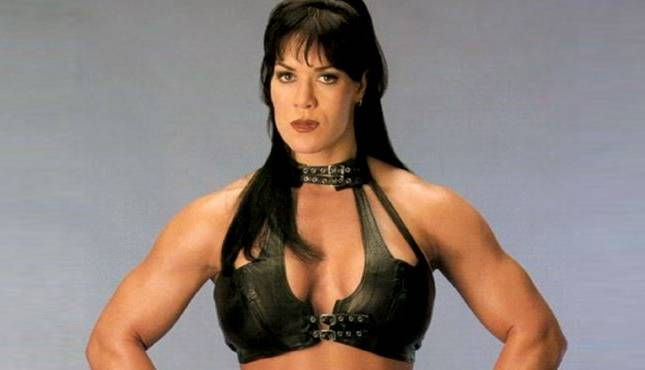There Will Never Be Another Ali
- By Shaki Wilson
- Jun 4, 2016
- 4 min read

June 3, 2016 will forever be remembered as the day the world lost its greatest civilian. Muhammad Ali fought gallantly throughout his life both in and out of the ring, died in a Scottsdale, Arizona hospital. Ali passed away from respiratory issues that stemmed from his 32-year battle with Parkinson's Disease.
To say that he will be missed is truly an understatement. Ali spent most of his adult life being a symbol. In the 1960 Summer Olympics in Rome, he symbolized the U.S. Olympic team; his boxing style of dancing, staying on his toes, sticking and moving and never throwing a body punch, changed the way fighters fought. That style was never seen before by a heavyweight, and we will never see that style again from a heavyweight. His upset victory over Sonny Liston in 1964 symbolized a new era in boxing. Athletes before Ali rarely said anything and usually said what was scripted to say, especially Black athletes. Ali quickly changed that by bringing bravado to a sport that was in dire need of change.

His conversion to Islam shook the nation and symbolized change in perception of the American athlete that he was going to be who he wanted to be, not what others wanted him to be. His stance against the Vietnam War and refusal for induction into the U.S. Army symbolized that fighting for your country wasn't solely joining the military and going off to war. Ali stood for everything that was America: equality, justice, freedom, choice and sacrifice. Yet it was Ali who demonstrated those qualities while the very country who talked the talked, never walked the walk. Not when it came to Black Americans.

What athlete do you know would sacrifice nearly four years of his prime age to fight for something he/she believed in? The United States of America, the land of the free and home of the brave, stripped Ali of his heavyweight championship in 1967 and barred him from fighting in and outside of the country. "I ain't got no quarrel with them Viet-Cong. No Viet-Cong ever called me nigger." Once the beloved loudmouth was simply a loudmouth. Now a prominent member of the Nation of Islam and friend of Malcolm X, Ali was called a traitor. Even Jackie Robinson questioned his patriotism. Of all the people who should understand what Ali was going through, it should have been Robinson. After all, he went through hell on the baseball field and despite saying and doing the "right" things, he was still victim to harsh racism.

Telling the truth to White people doesn't make one a hater of White people. Ali said things that reminded America that while fighting for other countries and their people, you are ignoring your own at home. Never known for his book smarts, Ali could debate anyone on the topic of race in America. He often reminded reporters about the freedoms listed in the U.S. Constitution and the hypocritical way the U.S. was when it came his beliefs. His television interviews with David Frost and Dick Cavett gave White America the opportunity to see and hear a man that was much more than just a boxer. And while Elijah Muhammad was calling White people "devils," Ali was trained by Angelo Dundee, has a business partner named Gene Kilroy, talked with Howard Cosell and countless others in the media that were predominantly White. Some of those those journalist became good friends of Ali.
Sacrifice helped Ali gain popularity as the 1960's ended. The Vietnam War was being challenged by a new breed of protester, the college student. The flicker turned to a flame thanks to a college speaking tour Ali went on. Black and White listened and understood that the war was wrong and that Ali was right. This pressure and attention could not be ignored by the Supreme Court, who in 1970 overturned his conviction by a unanimous vote. Sacrifice was not thinking of his prime years as a boxer and the millions of dollars he lost. Sacrifice is fighting for what you believe in and staying the course. The symbol was back to doing what he did better than anyone.
After a stellar career that saw him stripped of his title, only to regain it two more times, including epic victories over George Foreman and the late, great Joe Frazier, Ali retired in 1981. Three years later he became yet another symbol when he was diagnosed with Parkinson's Disease. Never one to walk away from a fight, Ali stood toe-to-toe with the disease and helped bring national attention to Parkinson's by helping to raise more than $100 million for research. Arguably his most memorable moment outside the ring was lighting the Olympic torch in the 1996 Summer Olympics in Atlanta. Visibly affected by the disease, Ali demonstrated once again his will to fight.
He has won or received many awards in his life. Sports Illustrated voted him the Athlete of the Century in 1999, a star on the Hollywood Walk of Fame in 2000 and the Presidential Medal of Freedom in 2005 just to name a few. But Ali biggest contribution was to humanity. When politicians couldn't get hostages from Iran in 1990, Ali could. He was the most revered and respected person on the planet. Ali was welcomed in places where presidents were not. Religion could not separate the love people had for him. Today we are ravaged with so much Muslim/Christian/Jewish hate it's no wonder atheism is on the rise and church attendance is on the decline.

One regret I have is that I wasn't able to see him fight in his prime. My three recollections of him were the second Leon Spinks fight with which he became the first three-time heavyweight champion of the world in 1978, the Larry Holmes fight in 1980 and the Trevor Berbick fight in 1981, both ended in humiliating and sad losses. As long as I have my father's words and Google, I am forever convinced that Muhammad Ali was the "greatest of all times." His greatness was due in large part in his willingness to become a symbol in more ways than one. Thank you Mr. Ali and may you rest in the arms of God (Allah).
photos courtesy edition.cnn.com,youtube.com, entrepello.com, notablequotes.com, and bbc.com





Comments